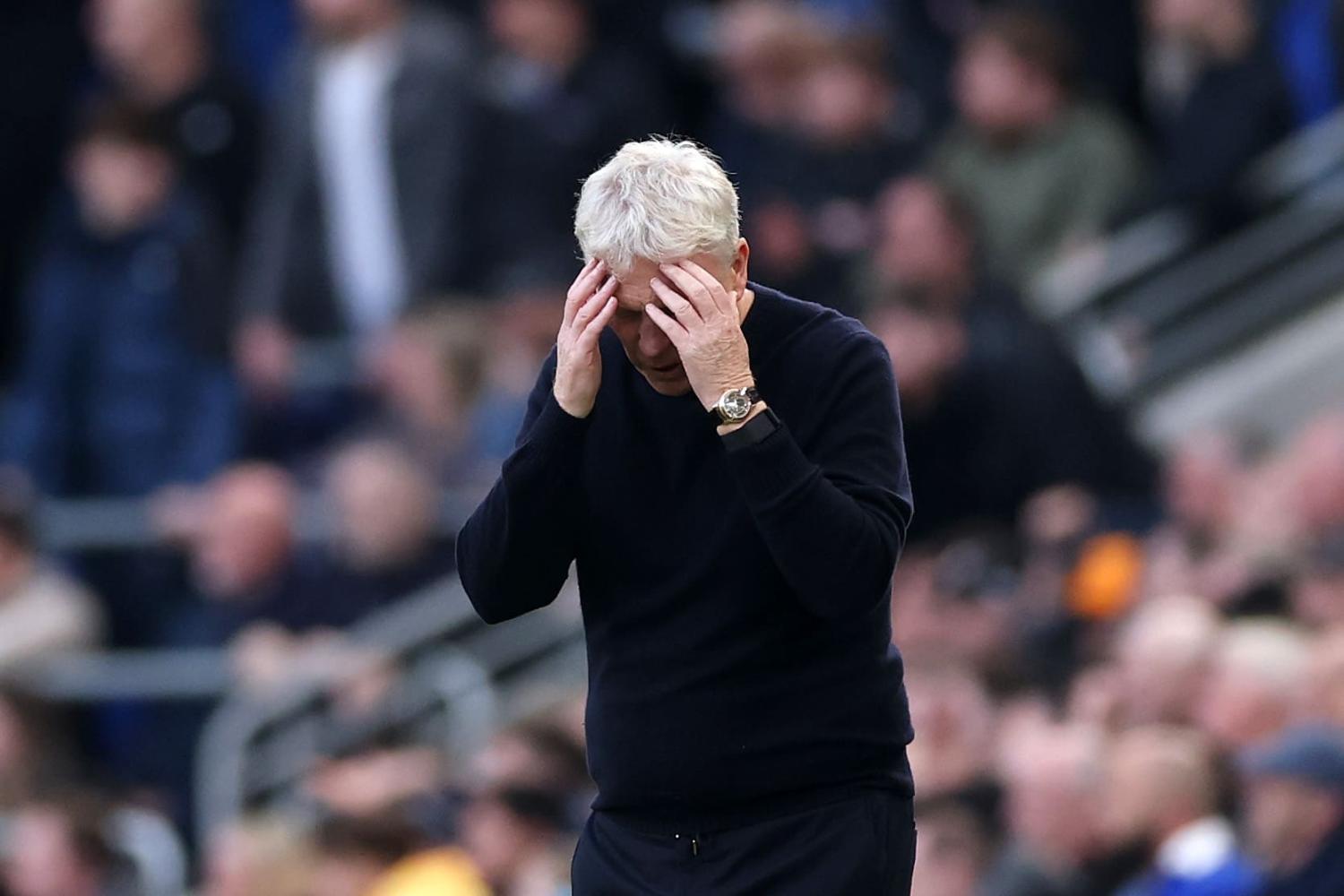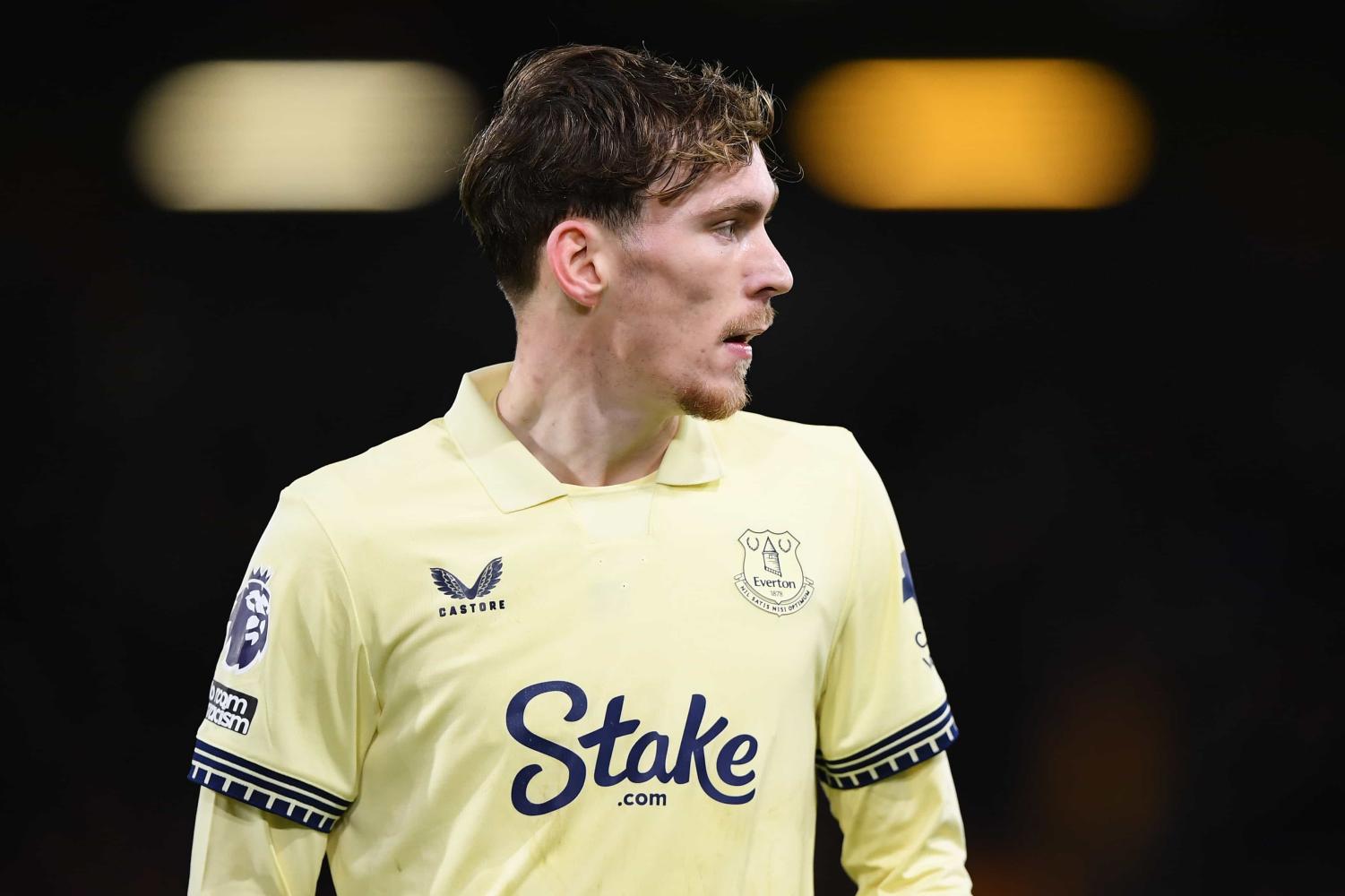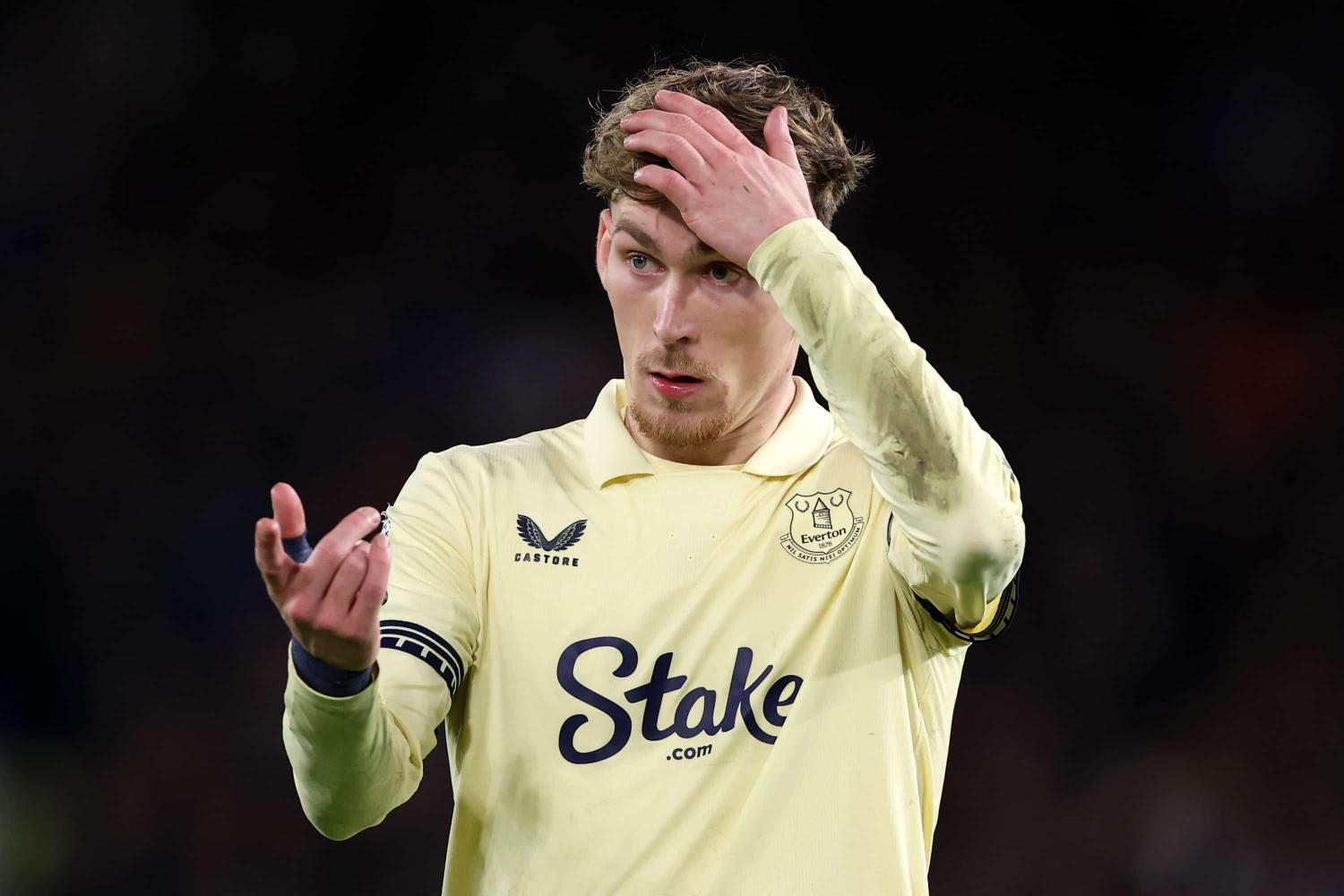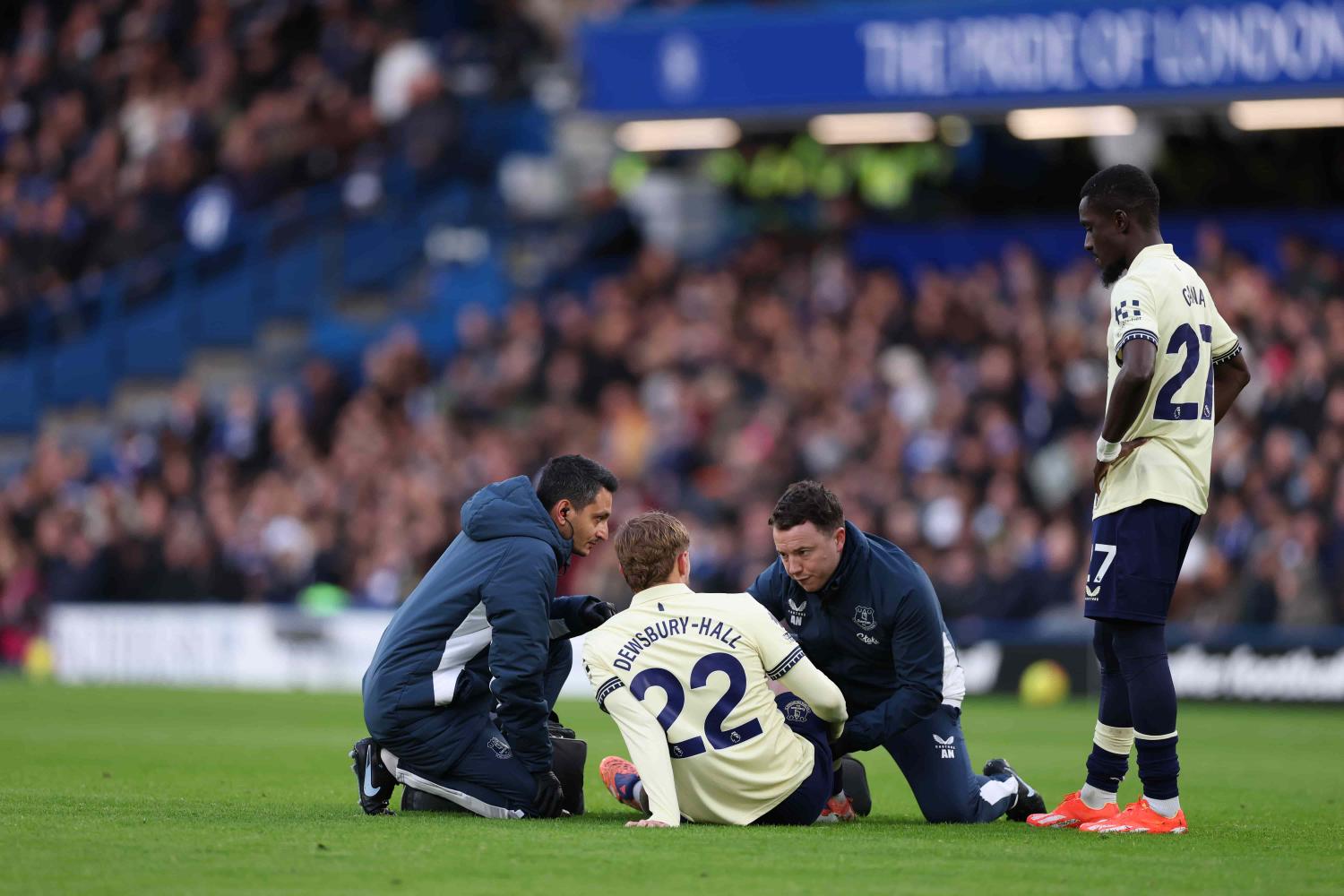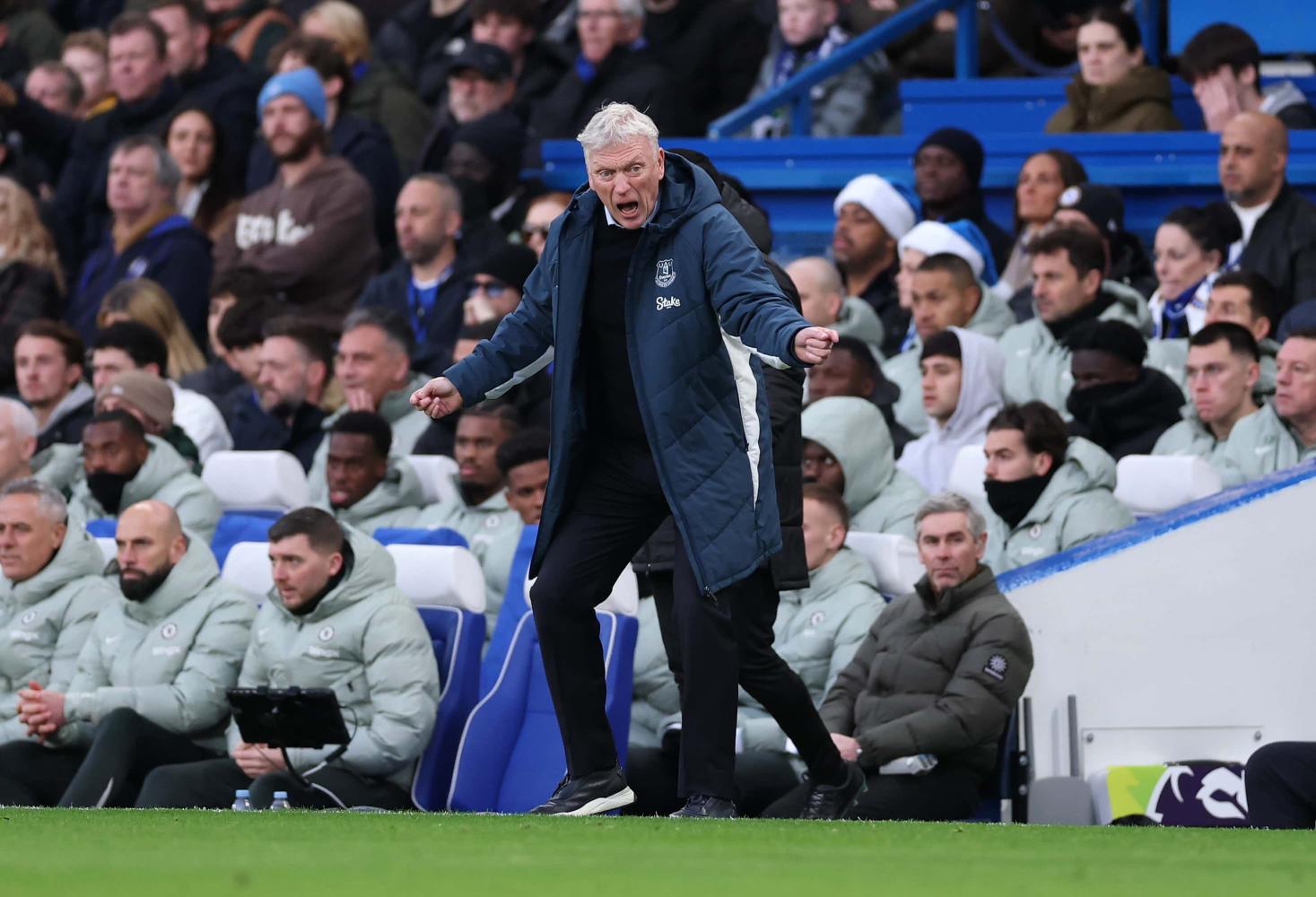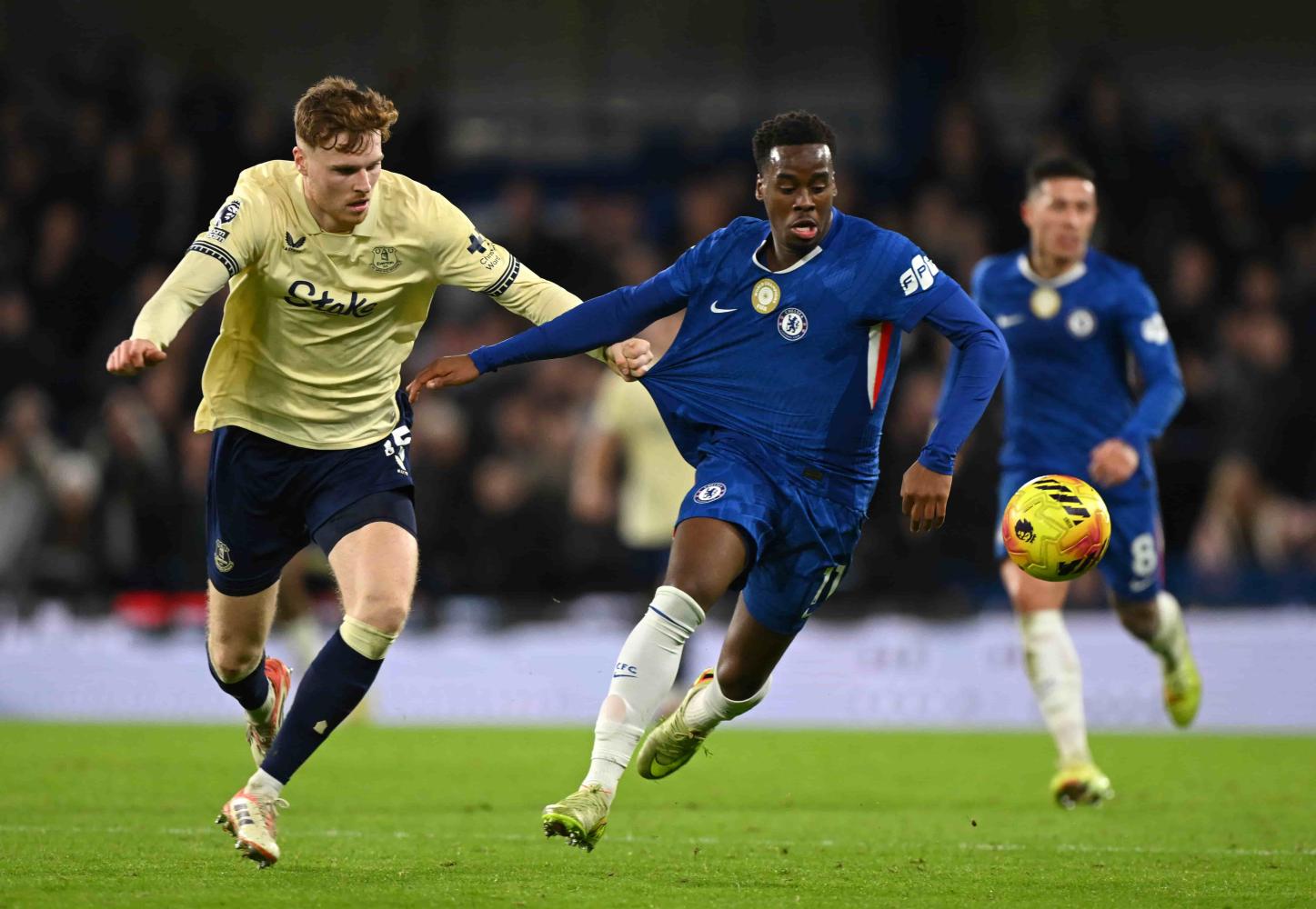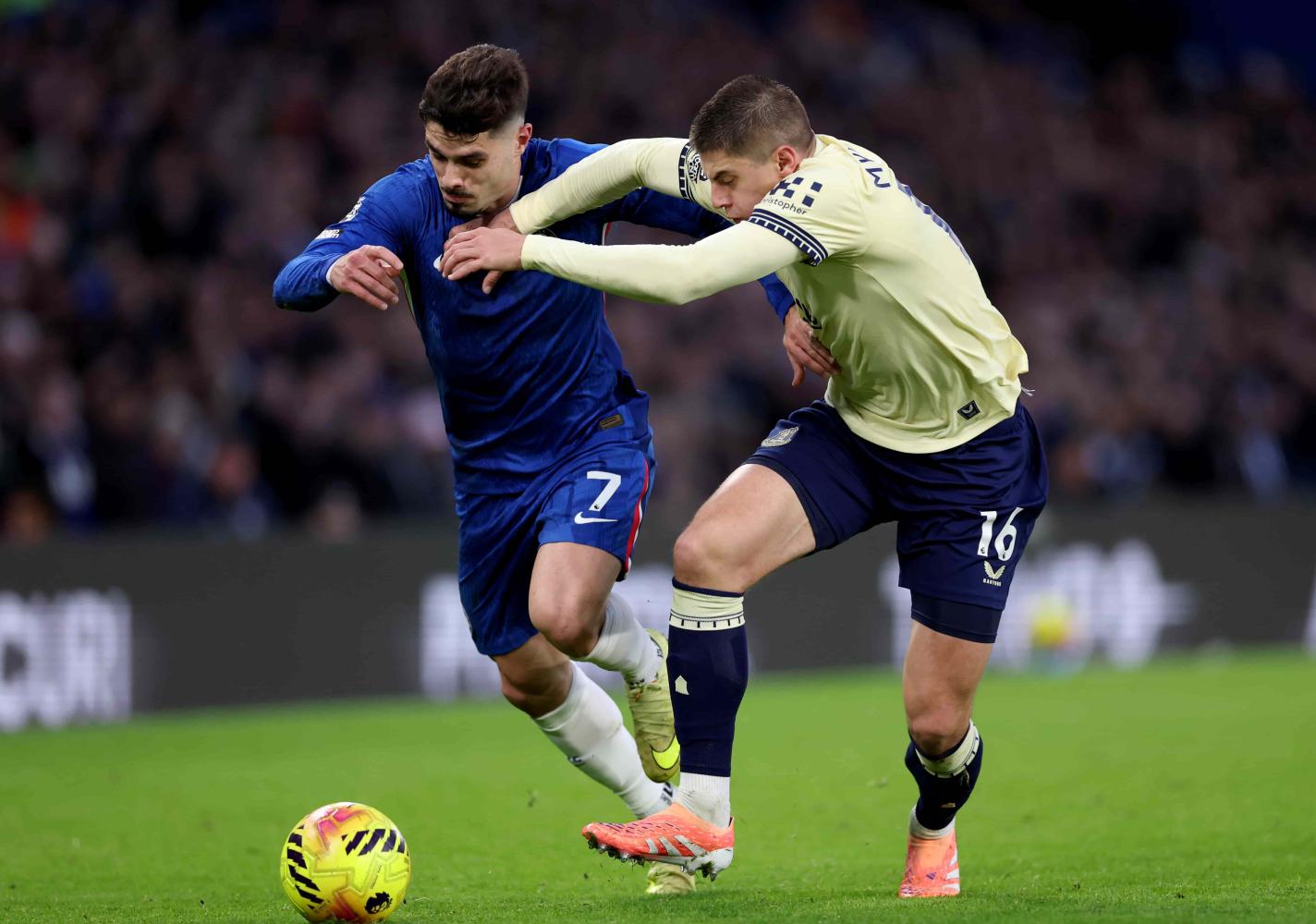|
OVERVIEW
|
|
|
|
So another financial year ended for EFC with the heralded announcement
that financially things were on the face of it improving. I have
prepared this analysis mindful of several factors.
Firstly, there is a limit to the time any one of us would be prepared
to sacrifice to analyse the profit and loss, and the balance sheet, to
come up with conclusions. Similarly, what are the salient points
when trying to unravel what can be quite a complex set of figures.
It is important to stress that Everton FC is a private limited company;
only shareholders — not us the customers — have any real right to take
EFC to task over these figures. It is just a shame that the accounts were not
made available to shareholders significantly prior to the AGM; perhaps
then some serious questions could have been asked as opposed to having
another audience with Bill holding court and pontificating on the
majesty of Kings Dock.
It is also essential that supporters take credence of the note in the
accounts which points out that EFC's ultimate parent company is True Blue
Holdings. Whilst not trained in accountancy, I am well versed to
perusing such documents primarily for potential investment purposes and in
compiling business plans for my own purposes.
It should also be noted that I did consult with a friend, a former
accountant of Pannel Kerr Forster (he is now a venture capital fund
manager) when providing these opinions. Having assisted in the
preparations of Liverpool FC's complex accounts, he was rather used to
seeing a different magnitude of figures!!
He did issue a vote of caution over our lunch-time meeting: Football is
like no other business. It is very easy in normal business
circumstances to be subjective as to how a company is being run and make
decisions as to the competency of certain directors and the mistakes that
are perhaps being made.
Football, however, is a very emotive subject. It is fair to say
that, in EFC's case, reducing the loss significantly — attempting to
reduce the wage bill, attempting to inject some common sense and cash
(even if it is in the form of loans) — makes for a fair interim strategy.
However, if the main improvements are at the sacrifice of selling your
most valuable assets, where does that leave the future of the club?
Much has been made of EFC apparently reducing their loss from £11M in
the year 2000 to a more creditable £3M in 2001. This achievement was
underpinned by the following alarming statistic:
- In 2000, EFC made a loss on selling players of (£915k) and
therefore subsequently posted a loss of nearly £11M.
- In 2001, the profit on player sales was nearly 11mil.
When taking these figures into consideration, it becomes apparent that
the financial loss would have been significantly higher than the previous
year without these player disposals. In fact, if the loss on player
sales had been similar to the year before, EFC would have approached a
staggering £13M loss for the year!!! The overdraft would be correspondingly
bigger... or worse, the club would have gone bankrupt.
Similarly, the overall debt of £29M does not take into consideration
the transfers of Messrs Jeffers, Ball and Radzinski (which occurred after
May 31, 2001). These three transactions should bring the overall
current debt figure down to nearer £20M — barring any "devil in the detail" of
the bargains entered into.
And there is one overall convenient and perpetual myth that should be
smashed: this is peddled lately by no less a figure than a former glorious
centre forward now on the company's payroll. It is that any
financial fault lies with the previous administration. These
figures, after two years of Kenwright's TBH in control, are clearly the direct
responsibility of the present regime.
One important point is that the debt (one year on) has increased from
~£15M to £29M during their time. How can this have any bearing on
the previous regime? Particularly when the present regime would have
had every opportunity to undertake the due diligence with which they
appear to approach other matters with such regularity? Or is it a
telling reminder of the spending spree that preceded the failed media
deal?
|
|
|
RE-FINANCING REPACKAGING
|
|
|
|
It is difficult at this stage without a full statement from the club on
the matter to truly weigh up the benefits of the re-financing package the
club has apparently put in place. The figures suggest a £25M
long-term fixed loan to mop up all the outstanding loans and overdraft,
with a £5M overdraft.
If this is fact then this could help improve matters. However,
can you really anticipate EFC operating within the confines of a £5M
overdraft facility given that historically over the past 2 years the loss
has been gross nearly £1M a month — without accounting for the influx
of money from potential profit on player sales?
This will take incredible discipline from the Board. In order to
fulfill the obligations of the loans and not exceed the overdraft, EFC
must each year record at least a £3M net profit. Previously, the
Co-Op bank held a fixed a floating charge on all the company's assets to
secure the main overdraft. The new relationship with apparently the
Allied Irish Bank will presumably require the same collateral.
With this security in place for between 15 to 20 years, the club will
not be able to use Goodison Park or any of its other assets as collateral
for Kings Dock unless a financier is prepared to either re-package the
loan again or take a second charge on the assets. Overall, this
refinancing package will have to be looked upon as a temporary solution;
without the additional revenue pencilled in from Kings Dock, the estimated
£3M in annual repayments have the potential of increasing Everton's debts
unless profitability is dramatically improved.
|
|
|
DIRECTORS' SHAREHOLDING
|
|
|
|
The Everton Directors last year held around 12% of the 35,000 outstanding
shares in Everton FC Co Ltd:
| Sir Philip Carter |
721 Shares |
| Bill Kenwright |
556 Shares |
| Keith Tamlin |
119 Shares |
|
Arthur Abercromby |
105 Shares |
|
Paul Gregg |
0 Shares |
| John Woods |
216 Shares |
| Lord Grantchester |
2,773 Shares |
Since Lord Grantchester has now left the Board, the remaining six
directors hold less than 5% of the shares. However, Abercromby, Woods,
Gregg, and Kenwright are also shareholders of True Blue Holdings, which
has 24,986 shares in Everton FC. There has been no change in the directors'
shareholdings since last year.
|
|
|
PROFIT AND LOSS
|
|
|
|
This is probably the most important and revealing section of the
accounts:
|
Turnover: |
£32,852,568 |
|
Cost of sales: |
(£37,846,033) |
|
Gross profit/loss: |
(£4,993,465) |
|
Other income: |
£214,978 |
|
Other operating costs: |
£8,012,225 |
|
Operating loss: |
(£12,790,712) |
COMMENT: EFC therefore lost £12,790,712 before taking into
consideration the profit/loss on the disposal of player registrations.
It
is only when taking the player sales of £10,741,596 into account that the
loss is dramatically reduced. When adding the figure £2,049,116 as
the
loss before interest and taxation, adding the interest paid out of £1,603,702, do we arrive at a figure of £3,652,818 as the loss for the
year.
The previous year the loss was £11,169,099; however, during that year,
there was a loss on player registration of £991,428. In broad terms, had
EFC not raised significant sums of cash through the disposal of player
registrations (ie, selling their best players) then the loss incurred would have risen significantly
last financial year to approach nearly £13M.
|
|
|
BALANCE SHEET
|
|
|
|
There are several pointers here that are of interest. Firstly the
balance sheet has reduced in value from £7,378,241 in the year 2000, to
£3,725,423 in the year 2001. This is despite taking advantage of various
accountancy rules to inflate the intangible assets from a 2000 value of £13,311,994 to a 2001 value of
£25,112,687.
| Debtors |
£7,586,212 |
| Cash in hand |
£ 34,990 |
| Creditors amount falling
due within one year: |
£ 29 502 716 |
| Net current liabilities: |
£ 17 916 627 |
|
Creditors: |
£ 11,737,226 |
| Provision and liabilities for charges: |
£2 453 978 |
| Net
assets: |
£3,725,423 |
COMMENT: The massive increase in creditors is due to the
extra loans taken out in 2001; However, had there not been a favourable
adjustment in the intangible assets then it could be suggested that EFC
would have a negative worth in the region of (£9M).
|
|
|
TURNOVER
|
|
|
|
Match receipts and other income from football related activities £28,608,877
Commercial income £4,243,691
Combined figure £32,852,568
This
shows significant improvement as the 2000 figure was a combined £28,140,859,
but this probably reflects increased TV money and little more.
Merchandising showed some improvement £2,504,914 from the year
previous of £2,007,323 however this does not compare favourably with clubs
such as Liverpool whose merchandising values dwarf this quite considerably.
COMMENT: One significant operating cost inclusion highlighted for
the previous year is the figure of £513,042. This figure relates to the
fee EFC paid towards the legal and professional costs in relation to Peter
Johnson's sale of his equity to True Blue Holdings. Why EFC paid the bill
for TBH to acquire the stock as a matter for discussion has passed by the
other shareholders. Given that it relates to the year's previous accounts,
the board are only answerable to their conscience for this disappointing
decision. Why upon purchasing the equity TBH could not pay their own fees
will always remain a mystery.
Similarly the related professional costs for
this audit increased from £16,500 in 2000 to £20,000 in year 2001.
More
significant was the cost of other services from the auditor rising from £5,000 in the year 2000 to
a massive £185,612 in the year 2001. Could this indicate that EFC have paid
perhaps an extra £185,000 in
consideration of the auditors to prepare a business plan or other
financial work to support the
Kings Dock? How much of a bill is currently being run up for professional
consultancy fees is anyone's guess but is likely to dwarf this figure.
One
other interesting point (albeit small) to note here is the increase of
motor vehicle costs from £29,373 in year 2000 to £92,083 in 2001. Given that
the salaried staff numbers decreased, this seems curious. Perhaps a
few new vehicles have been provided for staff at the
company's expense? Such a sharp increase seems to be poor decision given the parlous state
of the current finances of the club.
|
|
|
DEBT
|
|
|
|
The debt was highlighted in the accounts as £29,502,716 made up of
the following main parts:
| Overdraft |
£18,540,547 |
| Bank loans |
£2,116,666 |
| Other
loans |
£6,523,117 |
| Creditors |
£1,109,581 |
COMMENT: It should be noted that none of the loans referred to were
active in 2000; all were commenced in 2001. Once again, the purpose of these
is a matter for the shareholders of the company to ascertain but it is
interesting to note that, because of this increase in borrowing and
despite the positive player sales, the debt increased massively in the
club. The club are anticipating £8,500,000 to come in from player
sales over the period since
the accounts closed for the year.
|
|
|
WAGE BILL
|
|
|
|
EFC employ the following FULL TIME personnel:
| |
2001 |
2000 |
| Playing
training and management |
63 |
66 |
| Youth academy |
23 |
15 |
| Football in the community |
9 |
7 |
| Management and administration |
62 |
56 |
| Catering and sales |
57 |
53 |
|
TOTAL: |
205 |
197 |
This has seen an
increase from 197 with the youth academy increasing from 15 and the
management/admin increasing from 56 to 62. The combined wage bill increased from
£22,336,946 to £26,333,900.
COMMENT: Surely, if the club are to keep within the confines of their
new financing package, they must seek to reduce the wage bill dramatically,
perhaps to between 50-60% of the overall turnover (it is currently nearly
75%). How they achieve this without gambling with the club's premiership
status, whilst selling some players, and replacing them with fresh talent
is a very difficult problem. Insoluble? Only time will tell.
More than the Kings Dock issue, the finance problems have needed to be addressed since the
day TBH took control of the club. It is also perhaps encouraging to see at
last the issue of the playing staff and the day-to-day running of the
football club put firmly to the top of the agenda.
A good cup run would go
a long way to helping pay off the first year's debt installment, along
with a special set of shirts emblazoned "Everton FA Cup — Millennium Stadium 2002"
.
Paul Holmes
|
|
Last updated: 01 December 2008
|
